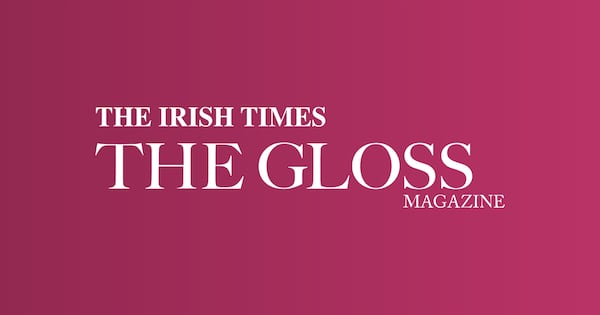Manufacturers are required to slap stickers on bottles of moisturiser and tubes of mascara that display the ingredients they contain, but they’re not required to do the same for your box of tampons. This is slightly concerning when you consider your vagina is far more permeable than your face.
Earlier this year, US congresswoman Carolyn Maloney raised concerns about chemicals found in tampons, pads and other feminine hygiene products and introduced a Bill calling for more research into their safety.
Given where such things go, you’d think – or, I suppose, hope – that the existing research would be comprehensive and copious. According to Maloney, however, what we know about the cumulative effect of these products on our health is close to zilch.

Tampons might look like simple wads of cotton with a bit of string attached, but unfortunately there’s more to them than that. Most are made from cotton, rayon or another pulp fibre: substances often bleached with chlorine compounds to improve their appearance.
This bleaching can leave behind trace amounts of highly toxic dioxins, chemicals the World Health Organisation has concluded are probable carcinogens. The Environmental Working Group has given them a 10 rating on their zero-to-10 toxicity scale, 10 being the most toxic.
While the US Food and Drug Administration says trace amounts of dioxins shouldn’t be considered unsafe, some scientists are concerned that even low doses pose potential risks given that the vagina is highly permeable and that such toxins can accumulate over time – troubling considering the average woman will use more than 16,800 tampons in her lifetime. And dioxins aren’t the only cause for concern.
The US-based health advocacy group Women's Voices for the Earth released a report in late 2013 called Chem Fatale. It focused on the undisclosed substances found in tampons and other feminine hygiene products, which include dyes, preservatives, fragrances and pesticides from non-organic cotton.
Its conclusion? We need to know more.
If passed, Maloney’s Bill would require an independent investigation into the potential health risks these various substances may pose to women, including risks relating to gynaecological cancers, endometriosis, infertility, pelvic inflammatory disease, toxic shock syndrome, immune system deficiencies and bacterial and yeast infections.
Until they figure out just how safe the products women have been inserting into their lady parts for decades actually are, you may want to consider a potentially safer way to period-proof your pants.
Look for unscented and chlorine-free or preferably unbleached products. Natracare offers a range of tampons and pads that are non-chlorine bleached, rayon-free and 100 per cent organic cotton.
You'll find them in health-food shops and select pharmacies and supermarkets in Ireland (for a full list of stockists see natracare.com).
If you want an eco-friendlier and cheaper alternative, try reusable, washable menstrual pads (such as the 100 per cent organic cotton pads by ImseVimse available at imsevimse.co.uk) or a menstrual cup (such as the silicone Mooncup sold in Boots and health food stores and also from mooncup.co.uk).
If you suggest either of these options to women, you’re often met with a horrified expression that has “Ick!” written all over it, but the cup in particular seems to be growing in popularity, with many women finding it easy to use – and actually not that gross – once they get the hang of it.
kharris@irishtimes.com










